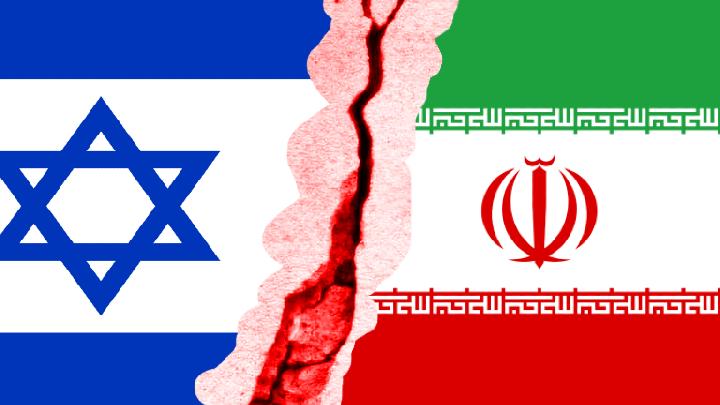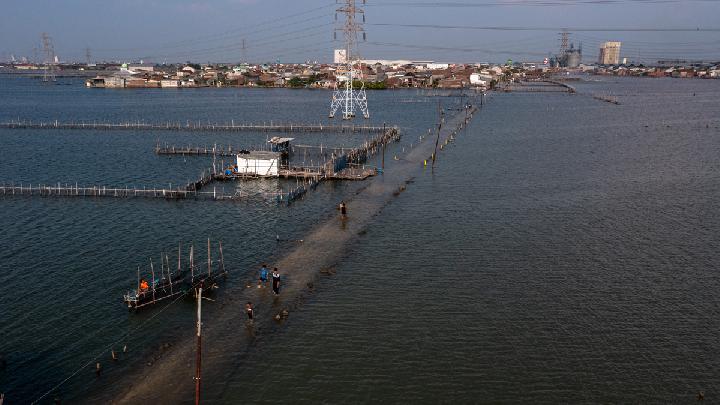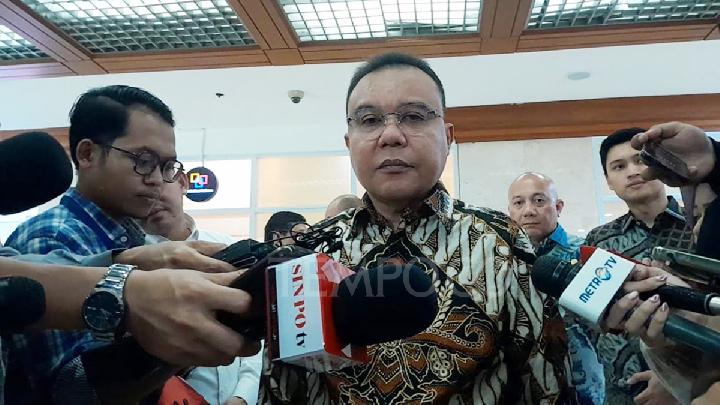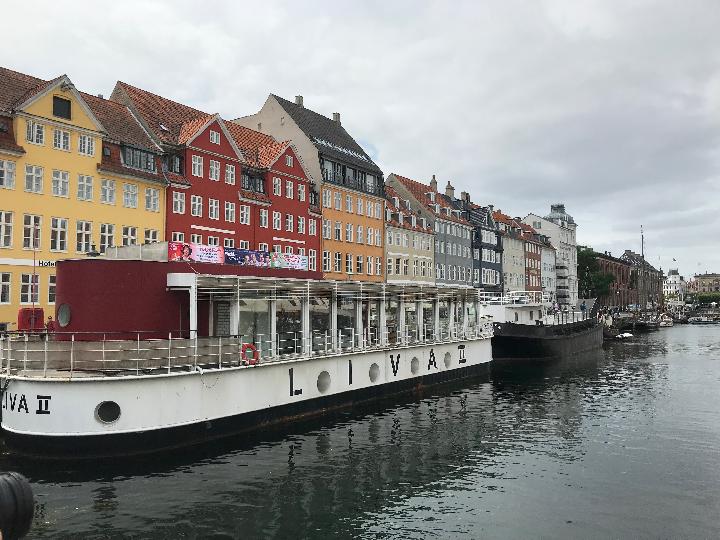TEMPO.CO, Jakarta - The Israeli narrative of the war against Palestine and Gaza is increasingly being abandoned by its allies. Europe, historically a major supporter of Israel, is now turning away. The wave of plans to recognize the State of Palestine has started in France.
French President Emmanuel Macron stated that France would officially recognize the State of Palestine at the upcoming United Nations General Assembly in September. This decision aligns with France's long-term commitment to achieving a just and lasting peace in the Middle East, as reported by Al Arabiya.
Macron emphasized the urgent need to end the war in Gaza, protect civilians, and facilitate humanitarian aid, while calling for the demilitarization of Hamas and the release of hostages. He stressed that a worthy Palestinian state must accept demilitarization and fully recognize Israel to contribute to regional security.
France's recognition will make it the most influential European country to officially recognize the State of Palestine, joining 142 countries that have done so. Palestinian Authority leaders welcomed Macron's announcement, viewing it as a show of support for the Palestinian right to self-determination and adherence to international law.
Western Countries to Follow France's Lead
United Kingdom
British Prime Minister Keir Starmer announced plans to officially recognize the State of Palestine. Unlike French President Emmanuel Macron, who plans unilateral recognition, Starmer's approach will be tied to specific conditions framed within a broader peace initiative between Israel and Palestine, according to The Telegraph.
These conditions reportedly include achieving a Gaza ceasefire and the release of Israeli hostages held by Hamas. Starmer held an emergency cabinet meeting to present his strategy for resolving the conflict.
Canada
Canada has announced its plan to officially recognize the State of Palestine at the 80th session of the United Nations General Assembly in September 2025. Canadian Prime Minister Mark Carney made this announcement after a cabinet meeting amid the escalating humanitarian crisis in Gaza, Al Jazeera reported.
Carney explained that this policy change comes after years of supporting a two-state solution through diplomatic negotiations, which he now considers unfeasible due to ongoing violence and Israel's expansion of settlements in Palestinian territories.
This move by Canada has drawn criticism from Israel and was rebuffed by U.S. President Donald Trump, who argued that recognizing Palestine benefits Hamas. Canada has also pledged over $340 million in humanitarian aid to Gaza as support for the stabilization of the Palestinian government.
Malta
Malta has announced its official recognition of the State of Palestine at the United Nations General Assembly in September 2025. This decision was confirmed by Maltese Prime Minister Robert Abela, who stated that it emphasizes Malta's commitment to achieving lasting peace in the Middle East.
Abela's announcement follows similar declarations by the UK and France, reflecting an increasing trend among Western countries to recognize Palestinian statehood amid the ongoing tensions and conflicts in the region.
As a member of the European Union, Malta has long supported Palestinian self-determination and a two-state solution, and this recognition is consistent with its historical position.
Portugal
Portuguese Foreign Minister Paulo Rangel recently reaffirmed Portugal's openness to recognizing the State of Palestine, following France's announcement that they will officially recognize Palestine this September, as reported by Middle East Monitor.
Rangel emphasized that although Portugal coordinates its foreign policies with its allies, it remains a sovereign state, making independent decisions. He affirmed that Portugal closely monitors developments in the Middle East and is committed to a two-state solution.
Portugal's approach balances mediation efforts and diplomatic engagement with Israel and the Palestinian Authority. Pedro Duarte, the Minister for Parliamentary Affairs, explained that the government actively pursues diplomatic channels to facilitate peace rather than opting for direct recognition, which may have limited practical impact. The government aims to make its actions more effective than merely symbolic recognition, striving to contribute to ending cycles of violence and supporting balanced dialogue to achieve consensus on Palestinian statehood.
Countries Unwilling to Recognize Palestine
Germany, Italy, and Australia have stated that they are not ready to recognize Palestine as a state shortly. Here's why:
Germany
Germany has reiterated that it will not recognize Palestine as a state soon, despite mounting international pressure and other countries like France continuing with such recognition, as reported by Anadolu.
According to a German government spokesperson, recognition of Palestine is seen as one of the final steps in achieving a two-state solution between Israel and Palestine. This solution must be achieved through negotiations that provide lasting peace and security for both parties. Germany's top priority is to secure a ceasefire in Gaza, ensure the release of Israeli hostages held by Hamas, and strive for the disarmament of Hamas.
Italy
Italian Prime Minister Giorgia Meloni has stated, as cited by Politico, that recognizing the State of Palestine before its actual establishment could be counterproductive. Although she strongly supports the formation of the State of Palestine, she does not support recognizing it prematurely.
Meloni warned that recognizing something that does not yet exist on paper could create the illusion that the issue has been resolved, when in reality it has not. In an interview with the Italian newspaper La Repubblica, she emphasized that recognition should occur after the formation of the state rather than before.
Meloni's position has garnered sharp criticism domestically and internationally. Some Italian opposition figures view her statement as a political and moral capitulation to Israel, as well as an inadequate response to the humanitarian crisis in Gaza. Meanwhile, the debate continues amid the ongoing conflict between Israel and Hamas in Gaza and international divisions over the timing and implications of recognizing the State of Palestine.
Australia
Australian Prime Minister Anthony Albanese has stated that there are no immediate plans for Australia to recognize Palestine as an independent state. Albanese emphasized that recognizing Palestine will only be considered if a diplomatic framework is established that ensures the exclusion of Hamas, its disarmament, and that the State of Palestine does not threaten the existence of Israel. He said, "And so we won't do any decision as a gesture, we will do it as a way forward if the circumstances are met."
Editor's Choice: The Complete List of Countries That Recognize Palestine in 2025
Click here to get the latest news updates from Tempo on Google News


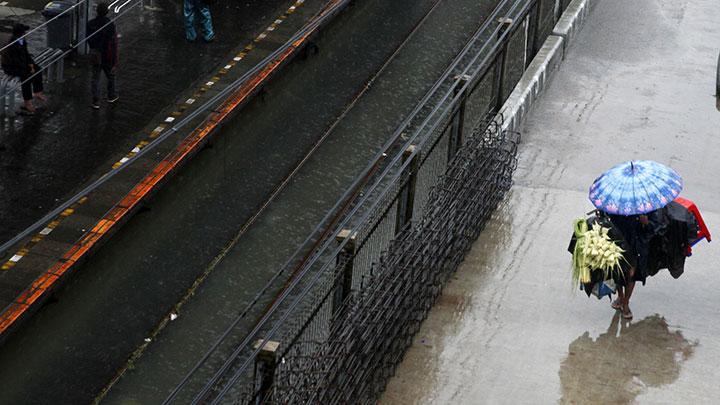





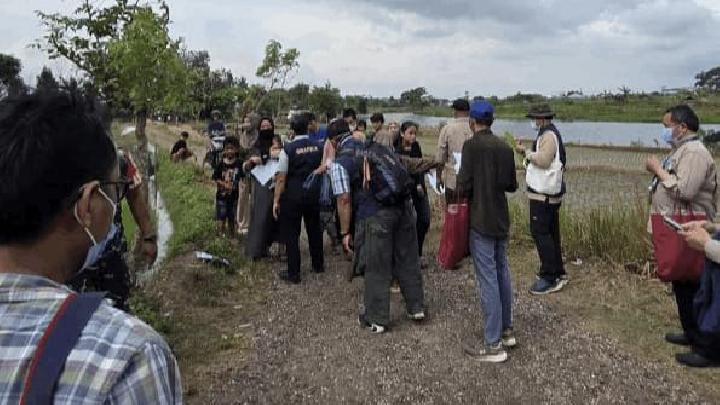






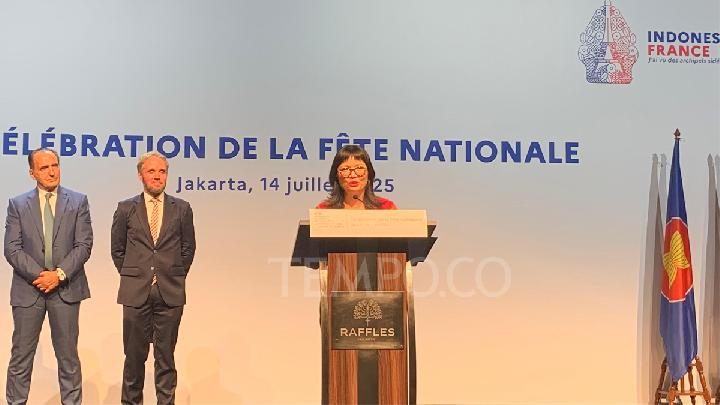















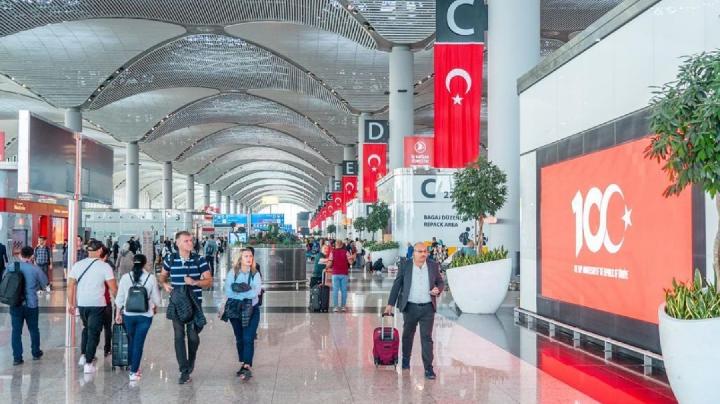

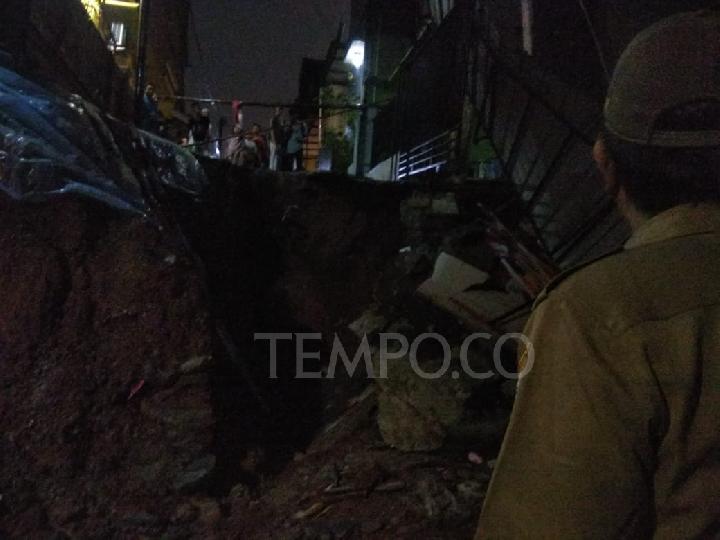
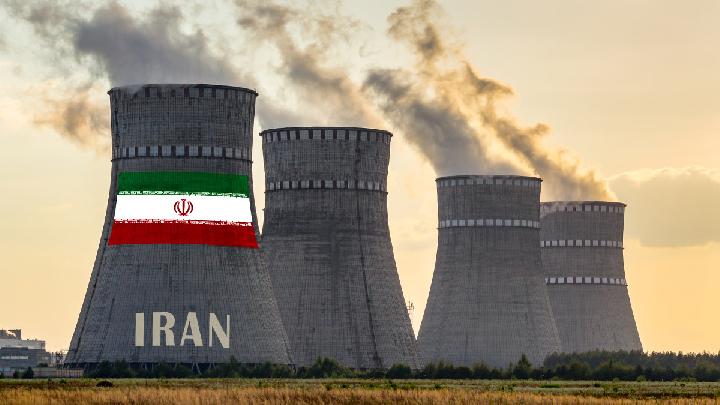
:strip_icc():format(jpeg)/kly-media-production/medias/5265873/original/051498900_1750934466-WhatsApp_Image_2025-06-20_at_19.09.02_1_.jpeg)
:strip_icc():format(jpeg)/kly-media-production/medias/5238090/original/074714200_1748671861-family-spending-time-together-mother-with-four-kids-standing-holding-hands-against-white-suv-car.jpg)
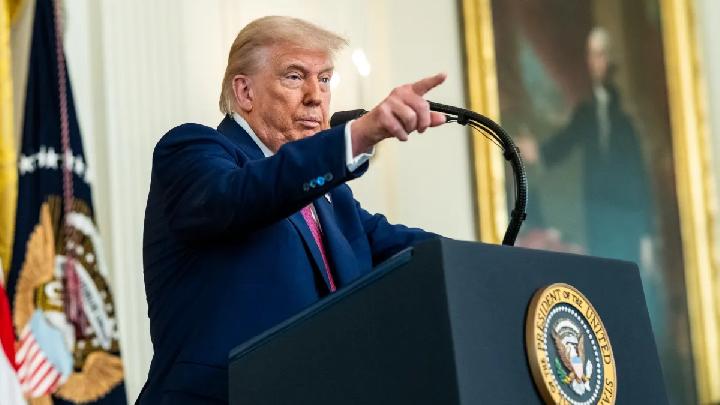
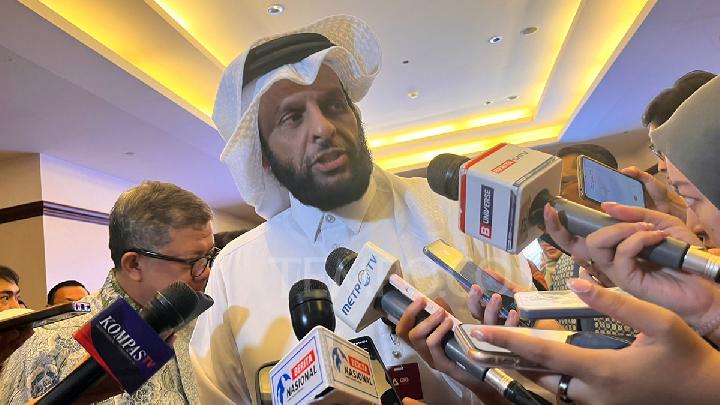
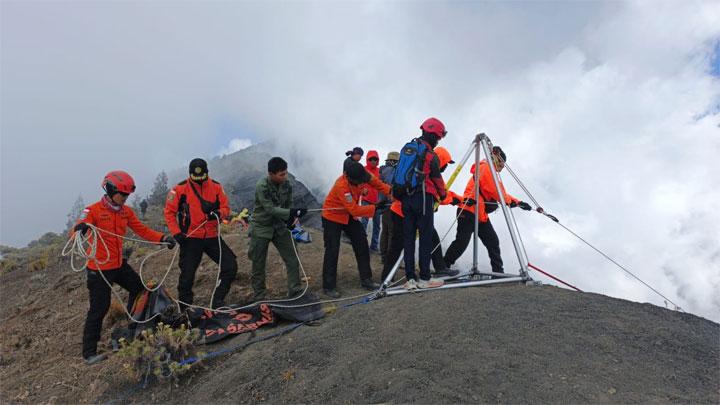
:strip_icc():format(jpeg)/kly-media-production/medias/4024866/original/062994500_1652782553-mother-checking-body-temprature-thremoeter.jpg)

